Depression can occur at any point in someone’s life. If it occurs in childhood and we are able to address the signs and symptoms we can make a large change to the future of that child.
Common features of childhood depression
- Low mood
- Tearfulness
- Less activity with friends
- Reluctance to socialise
- Withdrawal from family
- Poor school performance
- Increased irritability and argumentativeness
- Increased anxiety and refusal to try new tasks
- Poor sleep
- A lack of motivation for things they used to like.
Although teenagers have some of these above features at least some of the time as they move through the difficult years of adolescence, we need to consider if something more is happening.
Approximately 20% of the population has depression. It is a common illness and it is being noticed more and more in adolescents.
What can you do?
If you notice a lot of these in your adolescent, then there are things that can help.
- Provide a comfortable, quiet space where they can talk about what is happening
- Try and link them with a family member who they trust and encourage that relationship
- Encourage a good sleeping and eating routine as good diet and sleep can lower the risk of depression by 15%
- Encourage attendance at school, and try and link in with the school counsellor or psychologist so that your child has someone to go to when they are distressed
- Lower some academic expectations for a period so that they can focus on attending school without the pressure of academic success.
- Do some outdoor activities so that they spend some time improving their physical health which can improve mood
- Seek help from a counsellor, psychologist, GP if their symptoms are ongoing despite family and friend support
- Use the supports that are available online such as those listed on this website.
Professional help
- Depression can be treated with a range of therapies including cognitive behavioural therapy (CBT), mindfulness based therapy (MBT), supportive psychotherapy as well as hypnosis.
- Medication is used for patients who have ongoing significant symptoms, who have tried non medication based therapy and those who are working with a doctor to determine the suitability for them including side effects and risks.
- The most common medications are those that block the serotonin reuptake inhibitors. They are called SSRI’s and are a daily tablet, and take 4 to 6 weeks to work and are taken for a minimum of 6 months.

